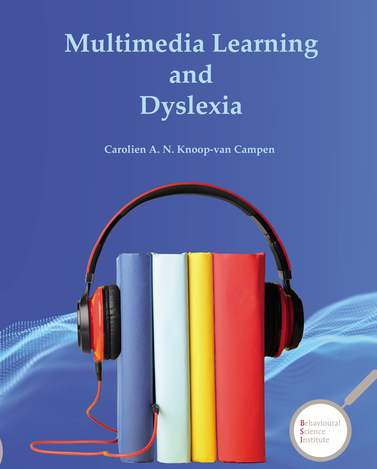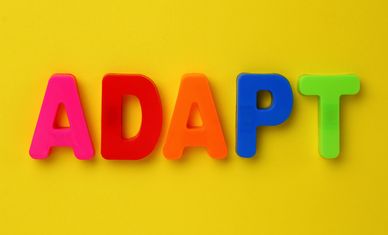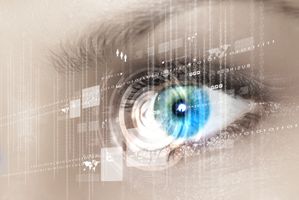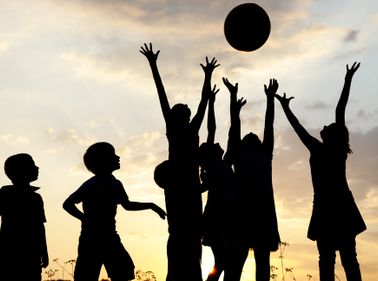Multimedia Learning and Dyslexia
The digitalization of today’s society increases digital opportunities for supporting learners in their learning process. For example, multimedia learning environments in which written text and pictures are enhanced with spoken text (a.k.a. audio support), are an integral part of present-day society. Learners with dyslexia are often provided with audio support to compensate for their reading problems. From a theoretical point of view, combining different media may interfere with the learning process and affect learning outcomes. Therefore, I have examined the extent to which audio support affects learning processes and learning outcomes in children and adults with dyslexia. In order to do so, I combined learning outcomes with online processing measures like eye-tracking and logfile data.
I show that audio support may support children in efficient multimedia learning, but that it seems ineffective in adult learners, even those with dyslexia.
You can download my dissertation here.
You can flip through it digitally here.
Interested in the accompanying educational brochure? Please visit the valorization page.
Adaptive Learning Technologies
Adaptive learning technologies are widely used for language education and mathematics in primary education. Such adaptive learning technologies successfully adjust to the individual needs of the learners. They also support teachers with real-time data of students’ performance and progress in teacher dashboards. Much is unknown regarding the impact of adaptive learning technologies on learners and the role of teachers. As a post-doc within the Adaptive Learning Lab, I contribute to the integration between artificial and human intelligence in adaptive learning environments.
Gaze displays in Reading Comprehension Education
In this research line, I combine my knowledge of reading comprehension and my passion for eye-tracking. Eye-tracking, and especially gaze displays, are a promising tool to provide information on covert processes like reading comprehension. Together with dr. Ellen Kok from the University of Utrecht, we explore how teachers (can) use students’ gaze displays of reading tasks to optimize their reading comprehension instruction.
Twice-Exceptional Students
As a postdoc I am involved in the 'Tussen Wal en Schip' project of Prof. Dr. Evelyn Kroesbergen (Radboud University). In this project, we examine the educational needs of twice-exceptional students. Twice-exceptional students are those who have the potential for high performance and who simultaneously but simultaneously experience one or more learning, emotional behavioral, and/or developmental disabilities. The aim is to improve the signaling, diagnostic, and education for twice-exceptional students in primary and secondary education. In a consortium with scientists and practitioners, we develop, implement, and evaluate educational improvement plans for these students.



